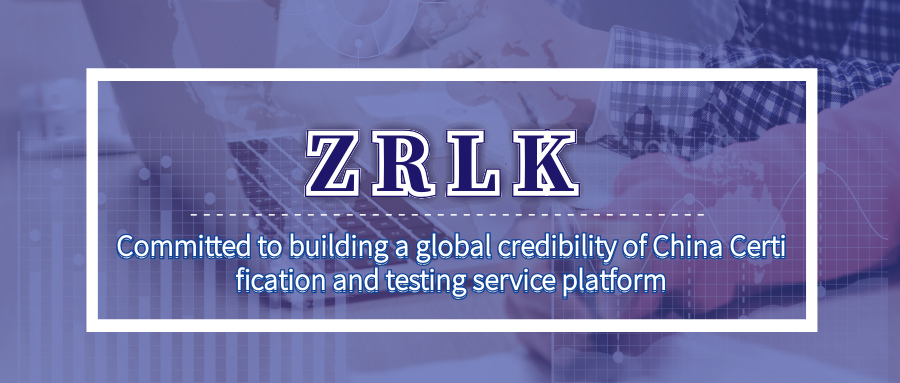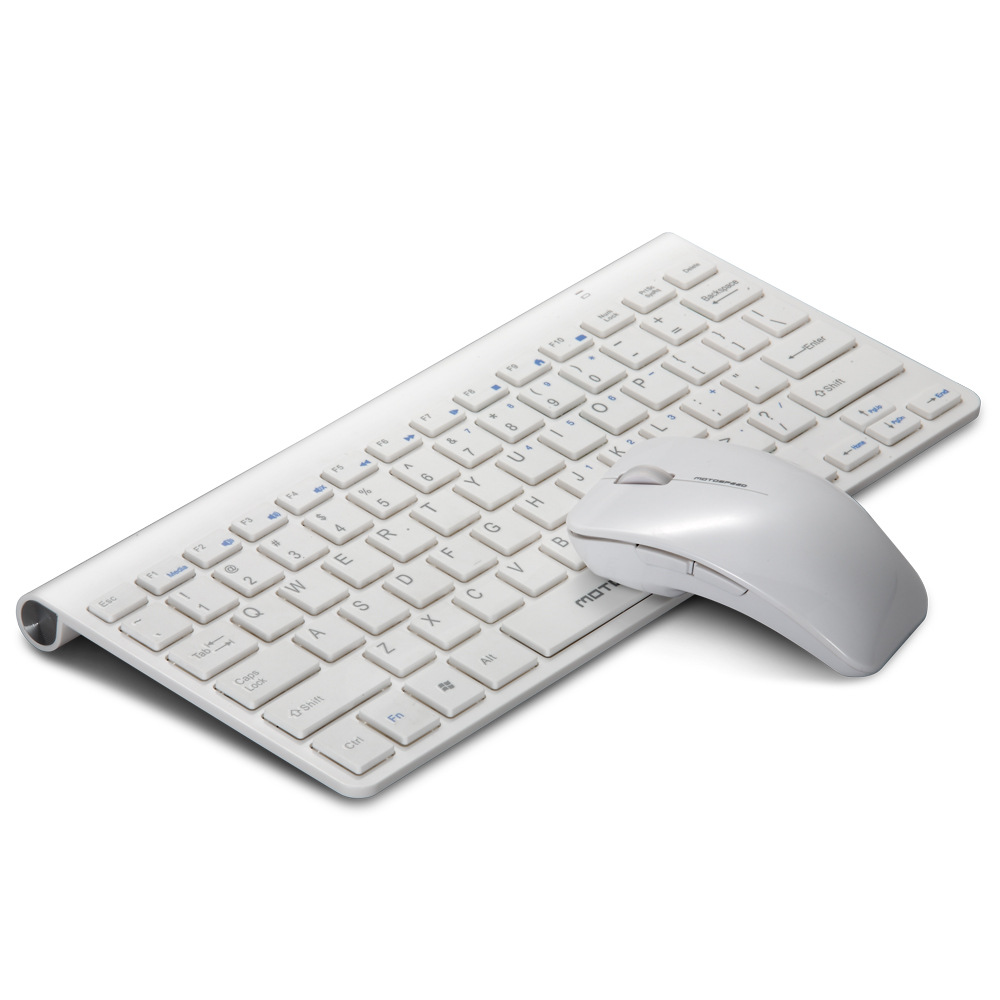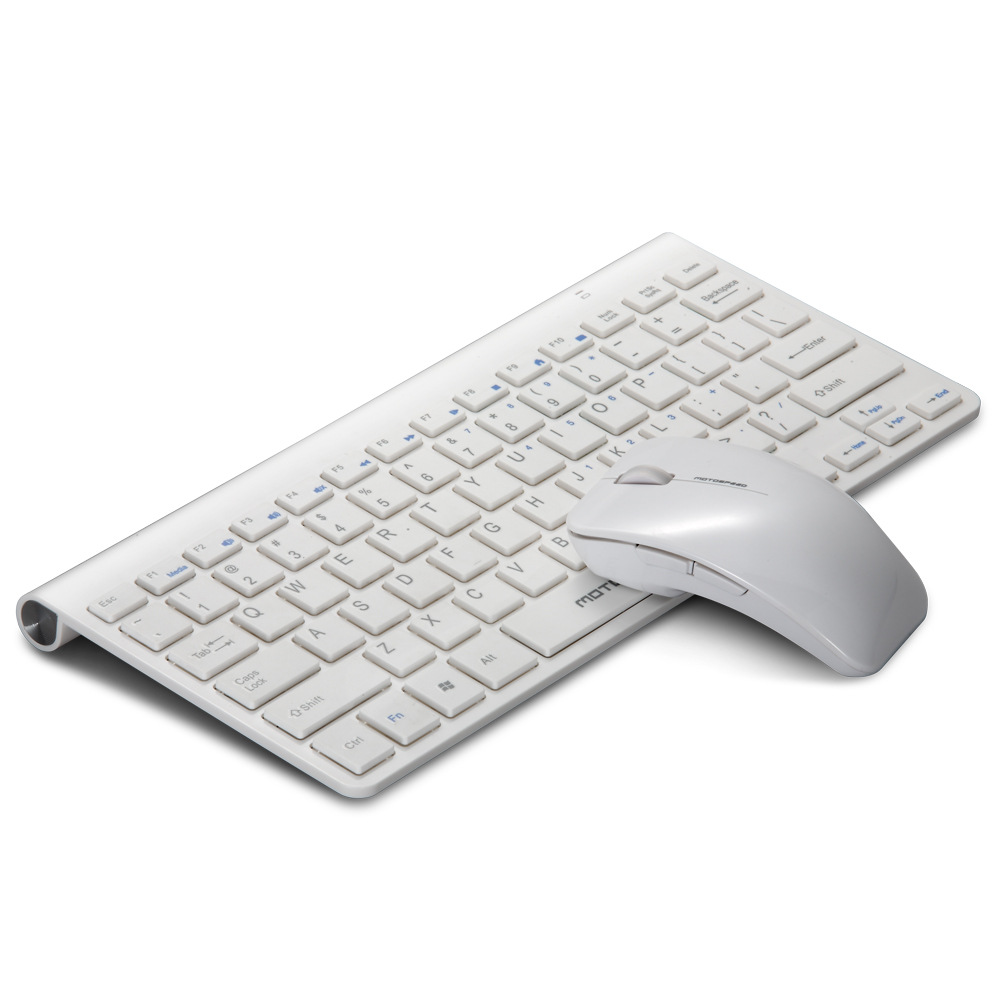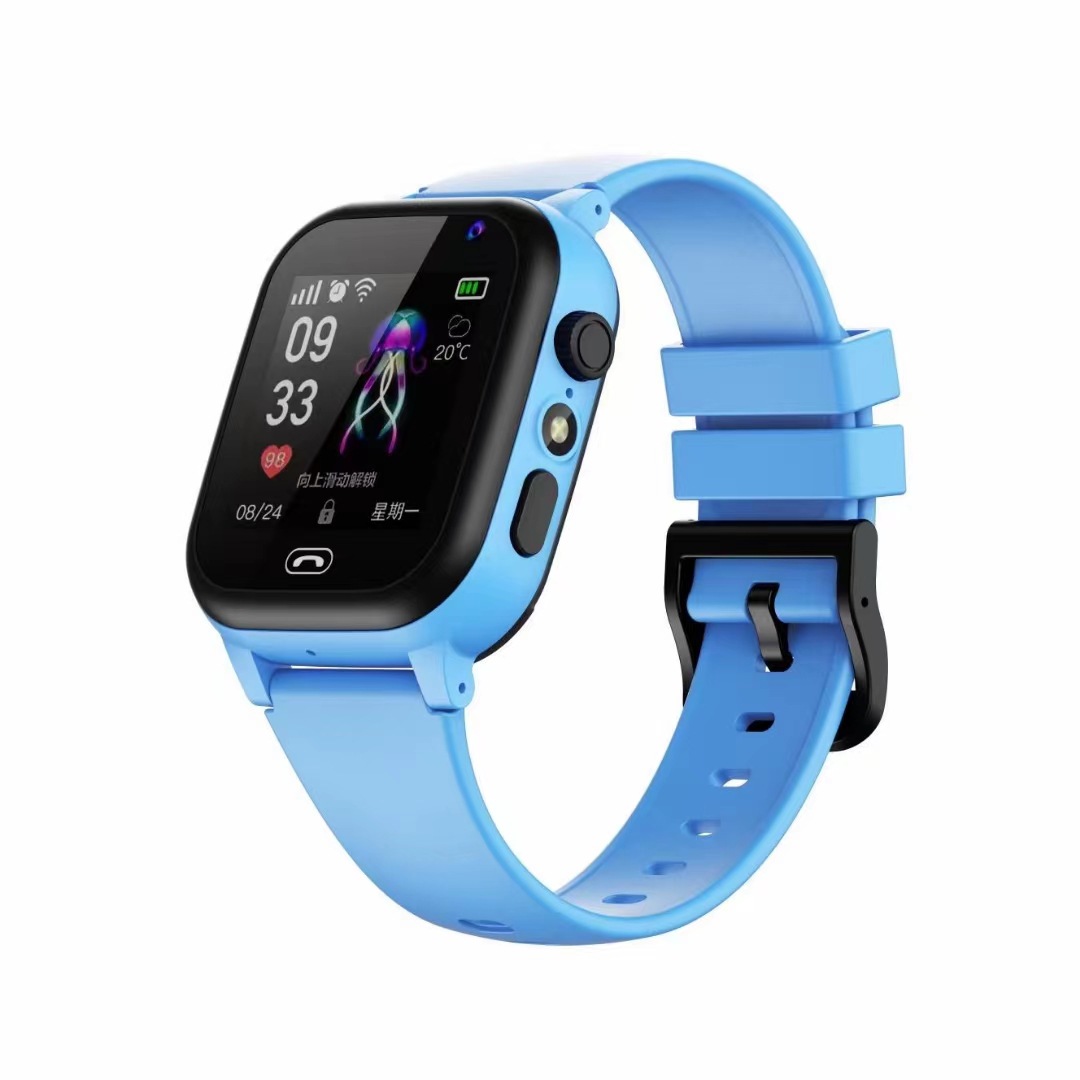
basic introduction
The Consumer Goods Safety Association (CPSC) of the United States passed the Consumer Product Safety Act (CPSIA) in 2008, placing many important regulatory responsibilities on manufacturers, distributors, retailers and exporters of consumer products, especially toys and children’s products. Toys and children's products entering the United States must meet CPSIA product safety requirements and be tested by a CPSC accredited testing laboratory to issue a children's product certificate (CPC) or general product certificate (GPC) to prove their compliance with relevant federal regulations and mandatory safety Standards and, where feasible, attach permanent tracking information to the product and its packaging.
ZRLK is an independent third-party testing and certification laboratory that has been recognized by CPSC. Our testing capabilities not only cover CPSIA requirements, but also extend to other regulatory testing requirements such as ASTM F963 for toys and children's products.
CPSIA testing
Lead in substrate (Chapter 101(a))
Lead in paint or surface coatings (Chapter 101(f))
8 phthalates (DEHP, DBP, BBP, DINP, DIBP, DPENP, DHEXP (DnHP), DCHP) (16 CFR 1307)
ASTM F963 test
Physical and mechanical testing
Fire test
Soluble heavy metal content
Total lead content
Soluble cadmium in small metal parts
Food contact material testing (FDA/21 CFR 170-189)
Hazardous Art Material Label (LHAMA-ASTM D4236)
Safety test of battery operated toys
Fill material cleanliness
Sound level test
Magnetic toy test
Toy cosmetics, liquids, pastes, putties, gels and powders


Wireless keyboard TELEC certification is a mandatory certification in Japan for wireless transmission equipment, with the full name being Technical Standards Conformity. This certification is implemented in accordance with Japan\'s Radio Law, aiming to ensure that wireless keyboards and other wireless devices comply with the technical standards and regulatory requirements of the Japanese market.

If a company is planning to export wireless keyboards to Canada, then ISEDIC certification is definitely a key focus you need to pay attention to! ISEDIC certification is a mandatory requirement of Industry Canada for wireless devices, and products that have not been certified will not be able to enter the Canadian market.

The TELEC certification for children\'s watches is a necessary condition for this product to enter the Japanese market. TELEC (Telecom Engineering Center) certification is a mandatory certification for wireless equipment in Japan, aimed at ensuring that the equipment complies with Japanese radio regulations.
The Consumer Goods Safety Association (CPSC) of the United States passed the Consumer Product Safety Act (CPSIA) in 2008, placing many important regulatory responsibilities on manufacturers, distributors, retailers and exporters of consumer products, especially toys and children’s products. Toys and children\'s products entering the United States must meet CPSIA product safety requirements and be tested by a CPSC accredited testing laboratory to issue a children\'s product certificate (CPC) or general product certificate (GPC) to prove their compliance with relevant federal regulations and mandatory safety Standards and, where feasible, attach permanent tracking information to the product and its packaging.
Get a quote